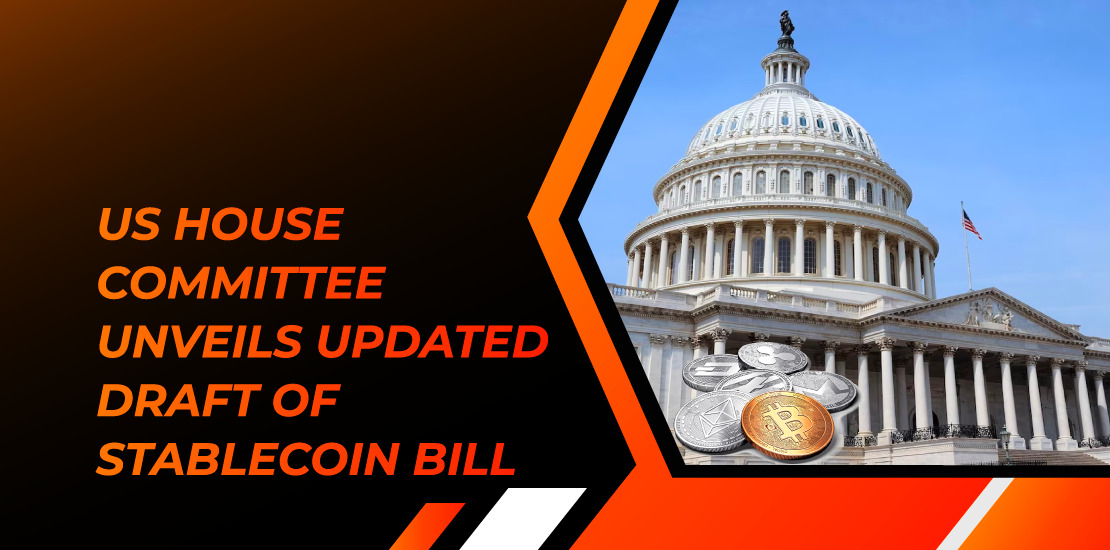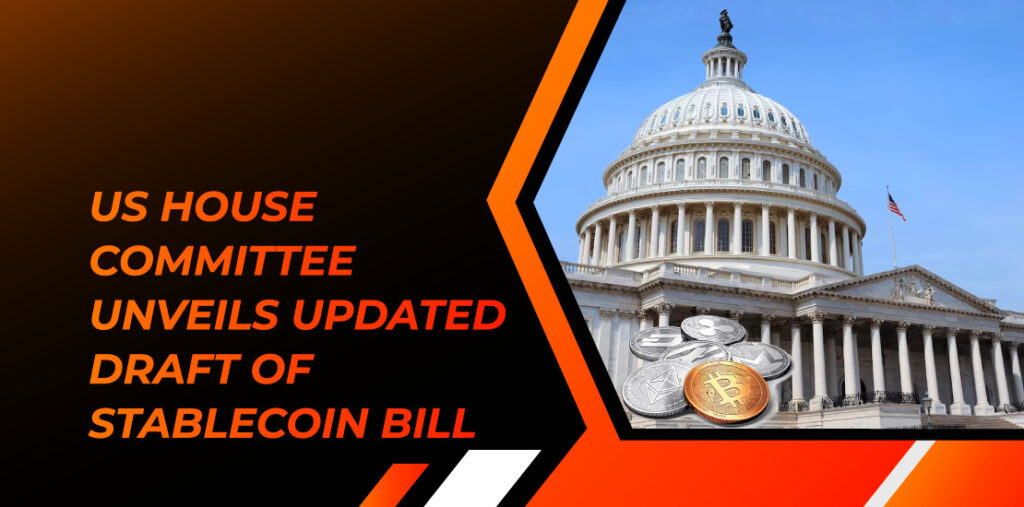- June 13, 2023
- Posted by: [email protected]
- Category:


The House committee is expected to consider the draft bill, which may become the first cryptocurrency law in the United States, on June 13. The draft bill, titled “The Future of Digital Assets: Providing Clarity for the Digital Asset Ecosystem,” was released by the US House Financial Services Committee, specifically by its chair, Representative Patrick McHenry. The most recent version of the bill is a bipartisan effort that incorporates proposals from both Republican and Democratic committee members.
The bill primarily focuses on stablecoins and aims to establish regulatory requirements for their issuance. It suggests that the U.S. Federal Reserve should be responsible for formulating these requirements, while also granting state regulators the authority to oversee the companies issuing the stablecoins. Additionally, the bill addresses the eligibility criteria for stablecoin issuers and outlines the requirements for payment of stablecoins. If approved, this bill would provide comprehensive guidance on the supervision and enforcement of stablecoin markets in the United States. It also proposes a two-year moratorium on collateralized stablecoins from the date of enactment.
If the committee approves the bill and it subsequently passes through the U.S. House of Representatives and the Senate, it would become a significant milestone as the first comprehensive crypto legislation in the country. The latest version of the bill grants additional authority to the federal regulator compared to the previous version, including the power to intervene in emergency situations involving state-regulated issuers. States would also have the option to delegate their supervision duties to the federal watchdog if needed.
It’s worth noting that the previous version of the draft bill, released on April 24, focused mainly on stablecoin payments rather than overseeing other aspects of the digital asset market, such as custodial service providers and algorithmic stablecoins. The latest version of the bill is more concise and also allows for specific powers to be granted to state legislatures.



